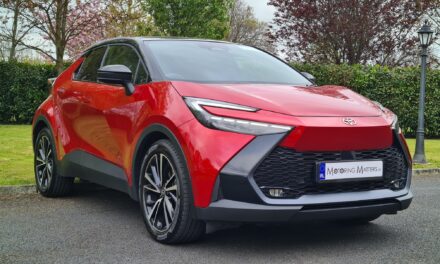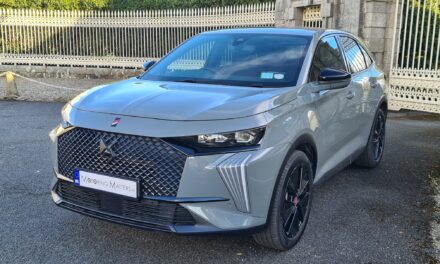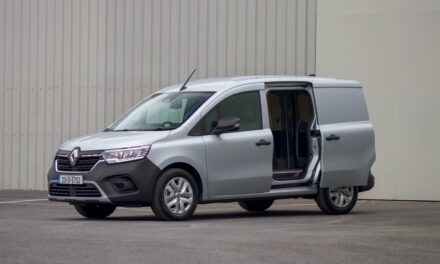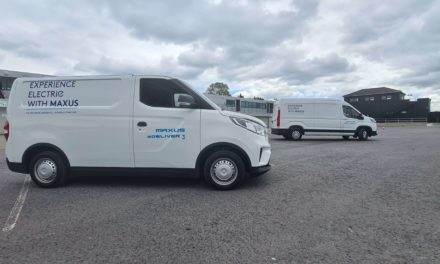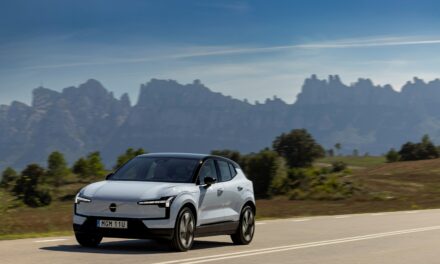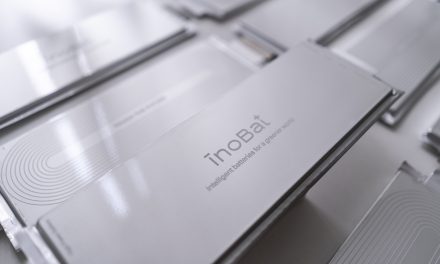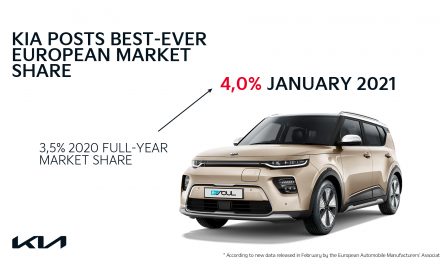
PCP or Hire Purchase

Personal Contract Plan (PCP) Finance – Is it for you?
Buying a car on PCP finance is a flexible and cheaper option that has become very popular over the last few years. Consumer credit is again booming in Ireland and the car industry plays a big part in fueling the demand thanks to the easy availability of PCP schemes. Dealers are also very happy to offer car PCP deals, but like all forms of credit it pays to be aware of both the advantages and disadvantages of PCP schemes. While at first sight they offer flexibility and guarantees of future value, dealers love PCPs as much as customers because they’re geared towards keeping people locked into a car brand for as long as possible.
How do they work?
You pay a deposit, usually between 10 and 30 percent of the value of the new car. You then agree a finance package. Because a PCP finance deal means you’re only paying installments covering the partial cost of your new car – typically a third of its new list price – you can expect the monthly cost to be lower than if you take a loan to pay for a car outright. If you want to own the car at the end of your PCP agreement, you’ll need to find a large final payment to make it yours. That’s why most people who want to own a car long-term don’t use PCPs.
Where a PCP can make a lot of sense is if you want to change your car every three years or so. That’s because the smart PCP provider will do all they can to ensure that at the end of a contract your car’s actual value is a little higher than the final payment required to buy it outright.
PCP is ideal if you want another car from the same manufacturer, but may be less ideal if you don’t. The contract doesn’t allow you to keep an extra cash bonus if you hand back the car and the dealer sells it on, so you’ll need to find another deposit elsewhere.
When you set up a PCP deal, the dealer will give you a ‘Guaranteed Minimum Future Value’ for the car. The GMFV is the minimum amount the car will be worth at the end of the agreement. It means that if the car unexpectedly drops in value you’ll be protected, and if the car happens to be worth more, you can use the equity as a deposit in your next PCP deal.
Manufacturers push PCP, so interest rates are often low, but they also set mileage limits with an excess mileage charge applied if you exceed them, usually around 6 cent per-km. What’s more, you’ll need to maintain the car in accordance with the manufacturer’s service schedule. While that’s good practice anyway, if the car is damaged and you return it at the end of the PCP deal, the dealer can mark down its value.
If you want to take ownership of the car at the end of the term, PCP will often prove more expensive than hire purchase finance deals, but if you want to hand the car back or trade in for an all-new model, as most PCP customers do, it’s a good option.
Just to note, normal finance company credit checks apply to all PCP finance application.

